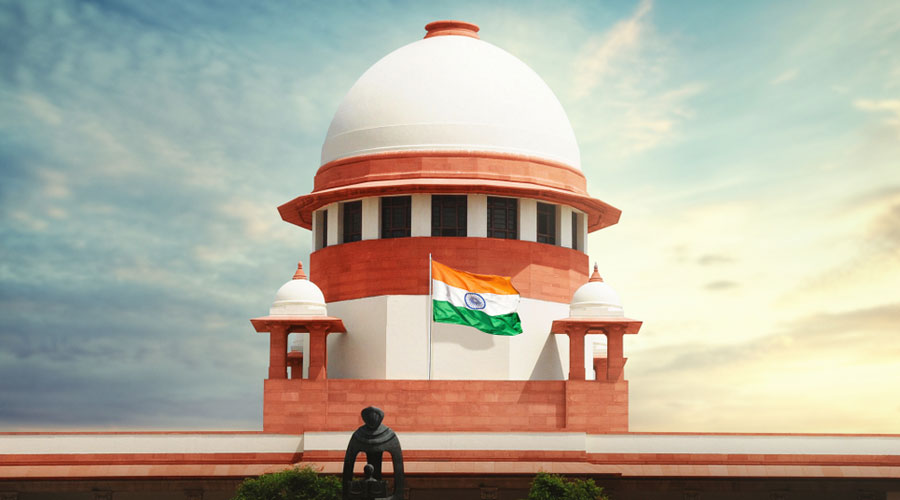The Supreme Court will take up on Tuesday disqualified Lakshadweep MP Mohammed Faizal’s plea challenging the refusal of the Lok Sabha secretariat to restore his Parliament membership even after his conviction and 10-year sentence in an attempt to murder case was stayed by Kerala High Court.
On Monday, during the morning mentioning time, senior advocate Abhishek Manu Singhvi sought urgent listing of Faizal’s petition on the ground that despite repeated representations, the Lok Sabha secretariat had failed to restore his membership.
“Though there is no stay on the high court order which has set aside his conviction, he has still not been reinstated,” Singhvi told the bench that also included Justice P. S. Narasimha and Justice J. B. Pardiwala.
Informed by Singhvi that the special leave petition filed by the Union Territory of Lakshadweep challenging the high court stay on Faizal’s conviction and sentence was coming up for hearing on Tuesday, the CJI said the petition challenging the refusal of the Lok Sabha secretariat to restore his membership would be tagged with it and heard.
Faizal was sentenced to 10 years by a sessions court on January 11, but this was stayed by Kerala High Court on January 25.
The Lakshadweep administration moved the apex court challenging the high court’s stay. Faizal’s issue will have a considerable legal bearing in the case of Rahul Gandhi, too, if the Congress leader’s conviction and two-year sentence in a defamation case is stayed by a higher court.
Rahul was formally disqualified as the MP from Wayanad Lok Sabha constituency on Friday, a day after his conviction in the defamation case filed over his remark on the common surname of absconders Nirav Modi and Lalit Modi.
Faizal’s plea challenging the refusal of the Lok Sabha secretariat to restore his members would be watched with much interest not only by the Rahul Gandhi camp but also by legal pundits because there is no law or judicial precedent in the country as to the legality or otherwise of restoring the membership of a legislator already disqualified upon conviction.
However, Faizal has contended that the refusal to restore his membership is contrary to the apex court judgment in the 2018 Lok Prahari vs Union of India case wherein it was held that once the conviction has been stayed, the disqualification will also get suspended.
In the said 2018 judgment, the apex court had cited the past judgments to observe: “The decisions in Ravikant Patil and Lily Thomas conclude the issue. Since the decision in Rama Narang, it has been well-settled that the appellate court has the power, in an appropriate case, to stay the conviction under Section 389 (CrPC) besides suspending the sentence.
“As the decision in Lily Thomas has clarified, a stay of theconviction would relieve the individual from suffering the consequence inter alia of a disqualification relatable to the provisions of sub-sections 1, 2 and 3 of Section 8.”
Hence, the apex court had ruled, once the conviction had been stayed, the disqualification ceases to operate.
It remains to seen what stance the Lok Sabha secretariat and Centre would take on the present issue as it would have far-reaching implications on the country’s future polity in the wake of Rahul Gandhi’s disqualification and shrill demands from certain quarters to quash Section 8 of the Representation Act which mandates automatic disqualification of a legislator upon conviction for a criminal case and a further bar to hold membership for six years from the date of release.










